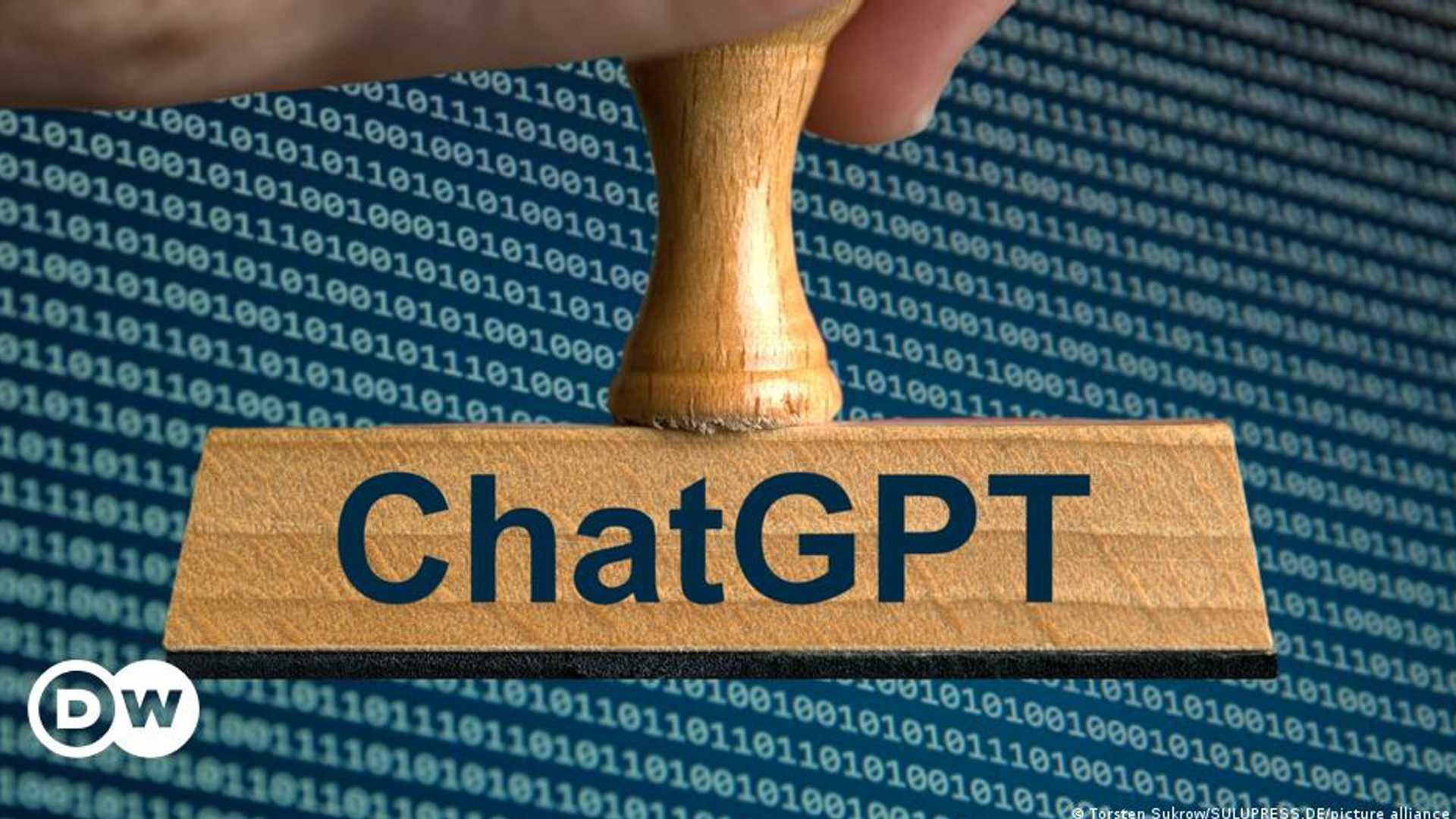Debate on AI Regulation Spurred by ChatGPT in EU
The Italian data protection authority, Garante, imposed a temporary ban on the chatbot ChatGPT that uses artificial intelligence (AI) to generate human-like texts and computer games. Although Garante was less concerned with the use of AI, it was more worried about breaches of data protection legislation. The Italian authority believes that the US company behind ChatGPT, OpenAI, must be transparent with its users about how their data are processed. It also said that the company had to obtain permission from users before using their data to further develop the software and filter access to minors.
Spain and France have also raised similar concerns about ChatGPT. Consequently, several EU member states are deliberating on whether to ban certain chatbots, arguing that the bloc must have clear regulation of AI applications without discouraging developers.
However, ChatGPT is not the only AI product causing a stir in Europe. The EU remains without an EU-wide regulation of AI in products such as self-driving cars, medical technology, and surveillance systems. Although the European Parliament is still debating legislation proposed two years ago by the European Commission, it will likely be early 2025 before it comes into force. German MEP, Axel Voss, one of the main drafters of the EU's Artificial Intelligence Act, pointed out that AI was not so advanced two years ago and is likely to develop over the next two years. Consequently, much of it would no longer be appropriate when the law actually comes into force.
There are concerns about how to assign categories of risk for AI. As the legislation currently stands, only programs assigned scores of "high risk" or "limited risk" will be subject to special rules regarding the documentation of algorithms, transparency, and the disclosure of data use. Applications that document and evaluate people's social behavior to predict certain actions will be banned, as will social scoring by governments and certain facial recognition technologies.
The European Commission and Parliament are trying to strike a balance between consumer protection, regulation, and the free development of the economy and research. The EU Commissioner for the Internal Market Thierry Breton has pointed out that AI offers "immense potential" in a digital society and economy. Thus, the EU does not want to discourage developers of AI, but rather promote them and persuade them to settle in Europe.
However, Mark Brakel from the US-based nonprofit Future of Life Institute suggests that developers themselves should monitor the risks of each individual application, and measures should be taken to ensure that companies are mandated to do this risk management and publish the results. If we are too complicated here, companies will go elsewhere and develop their algorithms and systems, warned MEV Voss.
What is striking about ChatGPT is that it was developed in the US for global use. Therefore, OpenAI could soon face stiff competition from other US companies such as Google and Elon Musk's Twitter. Chinese tech giants are also in the race, with Baidu creating a chatbot called Ernie.




















